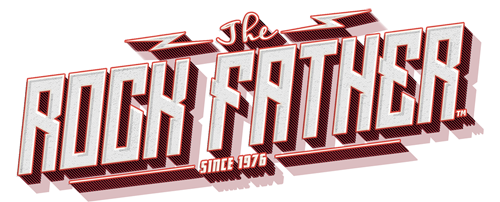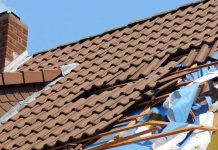Your home is your family’s sanctuary, so you should have the tools to keep it as safe as possible. Start this year with safety at the forefront of your mind by participating in National Radon Action Month this January. The Environmental Protection Agency promotes this country-wide month of radon awareness and action to help protect against the dangerous gas.
What Is Radon?
Radon is a natural gas that is harmless when it is outdoors, but it poses a major danger to humans when it seeps through cracks in the walls, floors, vents, or foundation gaps of a home. When uranium decays, it produces the colorless and odorless gas that is present in nearly all soils and the air that we breathe. According to the EPA, radon exposure that leads to lung cancer kills approximately 21,000 Americans each year.
The main factor that impacts radon levels is how each individual house interacts with the surrounding soil; this means that the house right next door can have drastically different levels of radon compared to your own home. If your home has high levels of radon, you likely won’t feel any symptoms, but long-term exposure has been proven to result in lung cancer. This differs from a similarly dangerous gas like carbon monoxide, which seeps into a home through faulty furnaces. Exposure to carbon monoxide causes flu-like symptoms such as dizziness, which is the second most common complaint heard in doctor’s offices.
What You Should Do During National Radon Action Month
Since radon is not a gas that causes immediately noticeable symptoms as carbon monoxide does, homeowners won’t know they are breathing in radon until it is too late. With an estimated one in 15 American homes having radon levels at or above the level recommended by the EPA, taking these action steps during January is important for the health of every member of your family.
- Test Your Home: Testing for radon in your home is relatively easy and inexpensive. There are easy-to-use test kits available at most local hardware stores that you should use to check for radon exposure in your home this month.
- Attend An Event: As January is National Radon Action Month, there are events in communities across the country. These events are meant to educate the public about the dangers of radon and how to minimize exposure in your home.
- Spread The Word: The best way to keep your friends and family safe from radon exposure is to talk to them about it. Many people do not know that radon can be quietly affecting their lives.
- Dedicate Time To Encouraging Others To Learn: Encourage others to test their own homes for radon. You could also contact local media sources to get the word out to more people.
- Purchase A Radon-Resistant Home: If you’re in the market for a new home, consider buying one from builders who use radon-resistant new construction methods.
Testing your home for radon is one of the most important things you can do this winter to protect your family. By putting a little bit of effort into radon awareness, you can help keep the air free of cancer-causing toxins.




